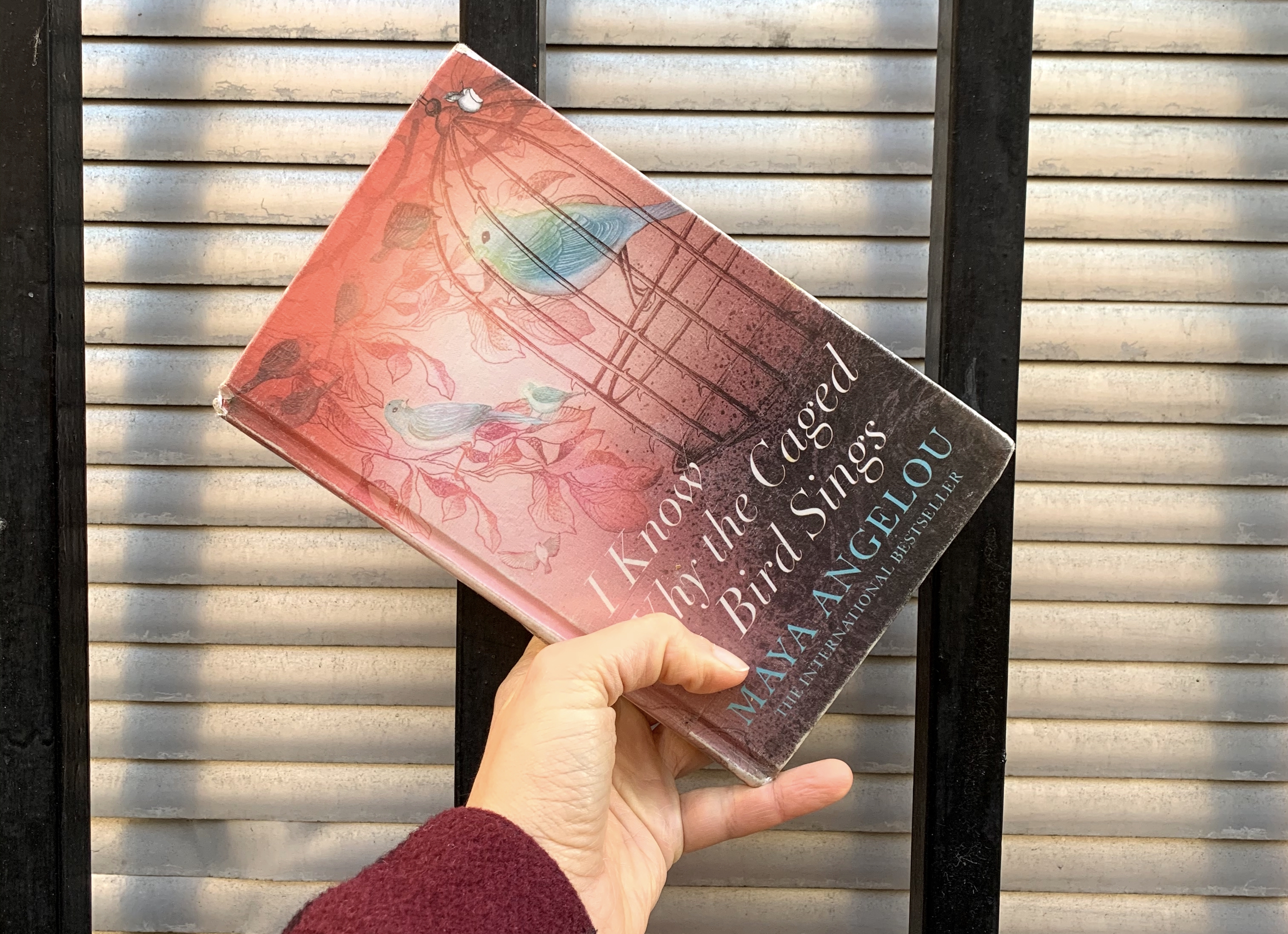One way I’ve made a bit of lemonade out of the flaming-hellfire-lemon that has been 2020 is in joining not one but two book clubs, each of which has a focus on feminist voices. It’s thanks to one of these clubs that I’ve been exposed to several classics I’d never read before, and Maya Angelou’s memoir I Know Why the Caged Bird Sings was the latest.
This memoir gets to the heart of some particularly difficult issues: poverty, racism, molestation, drunkenness, violence, abandonment… it would be easy for it to tend towards the melodramatic. Instead, Angelou manages to toe an almost impossible line: conveying the deep despair that our young protagonist Ritie (Angelou’s nickname at the time) feels at certain points while also continuing to express a phenomenal and deep-seated optimism and charming innocence.
At the risk of spoiling the story, I’ll include just one example. When, as a young girl, Ritie experiences an excruciating toothache and is turned away by the local dentist for the color of her skin, she expresses a deep anguish at her lot: how, she asks, can one person be expected to suffer such physical pain at the same time as one suffers one’s own Blackness? It’s a question that unfortunately still feels poignant today, and one that, while it doesn’t define the narrative, certainly pops up again and again.
In the spirit of other coming of age narratives like A Tree Grows in Brooklyn, these more difficult, painful questions are interlaced with the charming banalities of childhood: first friendships and first crushes; the ever-evolving gaze on and understanding of close family members; the importance of ceremonies like graduation or crossing the border out of one’s native country or getting one’s first job. That all of these experiences are colored by Angelou’s experience of Black girlhood in the American South is a reality, and that Angelou still manages to tell a story seeped in optimism is a testament, not only to her gift: of portraying layered experience with poetry and poignancy.
